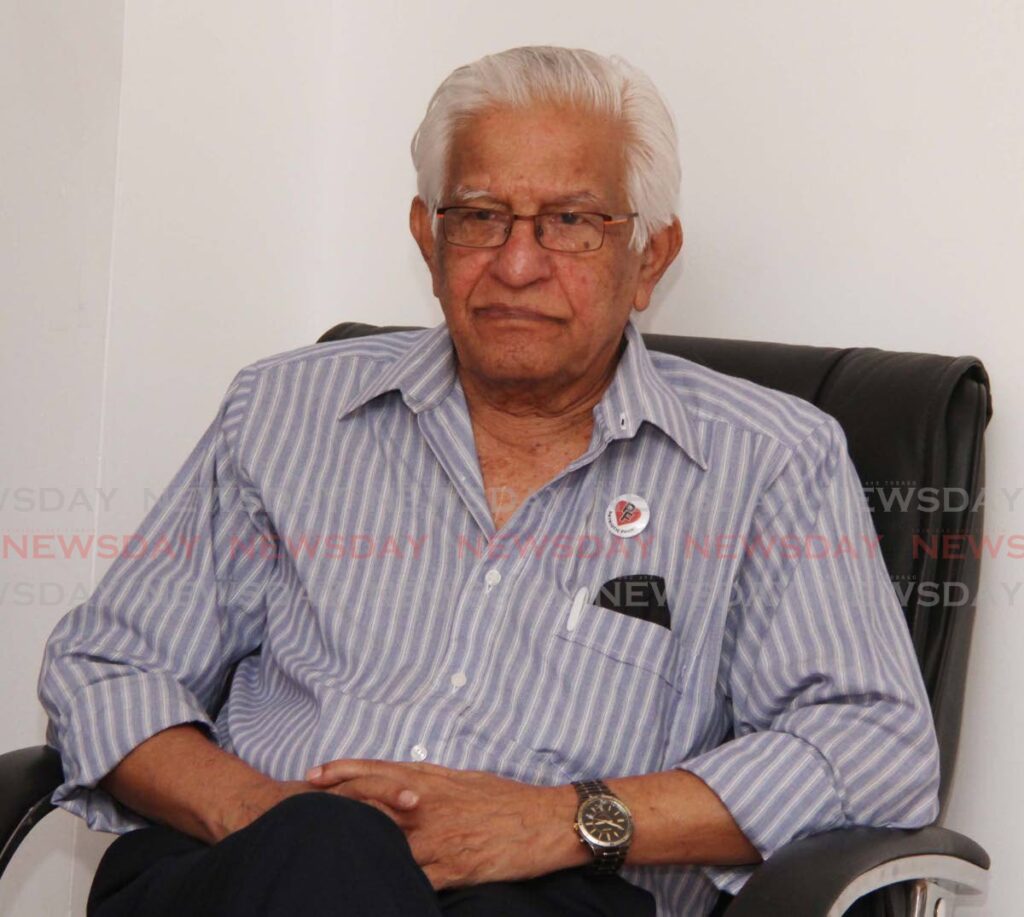Honour Panday with constitutional reform

THE EDITOR: The late Basdeo Panday had clarified that he is not a fan of the TT Constitution as it currently exists, which reeks of authoritarianism. Moreover, he did not favour constitutional amendment – which merely tinkers with the Constitution without making substantial changes – but favoured constitutional reform. The country can honour him with constitutional reform.
We can examine what other countries have done as a guide when we ultimately decide what method suits us best. “(The) UK has an unwritten or uncodified constitution; that is, they don’t have a single written document that defines all the laws, rules and regulations. Israel, Canada, Saudi Arabia and New Zealand are other countries with no written constitution.” They rely instead on existing rules of the nation and precedents. At the other extreme is the Indian constitution, which has 146,385 words – the longest in the world.
“Unlike in the United States, where the constitution is the ‘supreme law,’ the UK system has no clear concept of a ‘higher law’: there is no clear distinction between what is a constitutional law and what is a regular law. This also means there are no special procedures for changing the constitution itself in the UK. If it is determined to do so, a ‘constitutional statute’ can be repealed or amended by simple majority votes in Parliament, like any other legislation.
“This differs from the situation in countries such as the United States, where the constitution is ‘entrenched’ – in other words, needing to satisfy additional requirements in order for it to be amended. The UK constitution can be altered relatively easily by the government of the day, meaning it changes more frequently than many other constitutions. It is often said that the UK Parliament is ‘sovereign.’ This parliamentary ‘sovereignty’ means that Parliament can make or unmake any law without being limited by a constitutional text” – consoc.org.uk.
What TT needs in a constitution is not a verbose document filled with legalese that needs highly paid lawyers to interpret, which is what exists today, but a simple, concise framework that every citizen can recite by heart and be taught in primary schools that will give them the confidence to challenge unjust laws imposed by an out-of-control legislature.
When our Constitution was drafted over 60 years ago, there was no World Wide Web, no widespread internet connections or cell phones, no soca, and ordinary citizens were not privy to the processes that ultimately became the convoluted and paradoxical document that governs us today, from the most trivial to the profoundly complex ones that the Constitution engendered.
Instead of having the Constitution composed by lawyers, it should be drafted by students of primary and secondary schools and reviewed and approved by a nationwide referendum of citizens before it becomes the law of the land.
In other words, having a gaggle of legal, antiquated, morose legal minds who are so out of touch with the young generation that they impose laws on them that will control their very thoughts, words and deeds, will result, even when the framers of the Constitution are long dead and buried, in citizens continuing to be so disillusioned with the system imposed on them by these legal luminaries that they rebel against it with ensuing chaos and mayhem, the opposite of what a codified document intended.
REX CHOOKOLINGO
rexchook@gmail.com


Comments
"Honour Panday with constitutional reform"